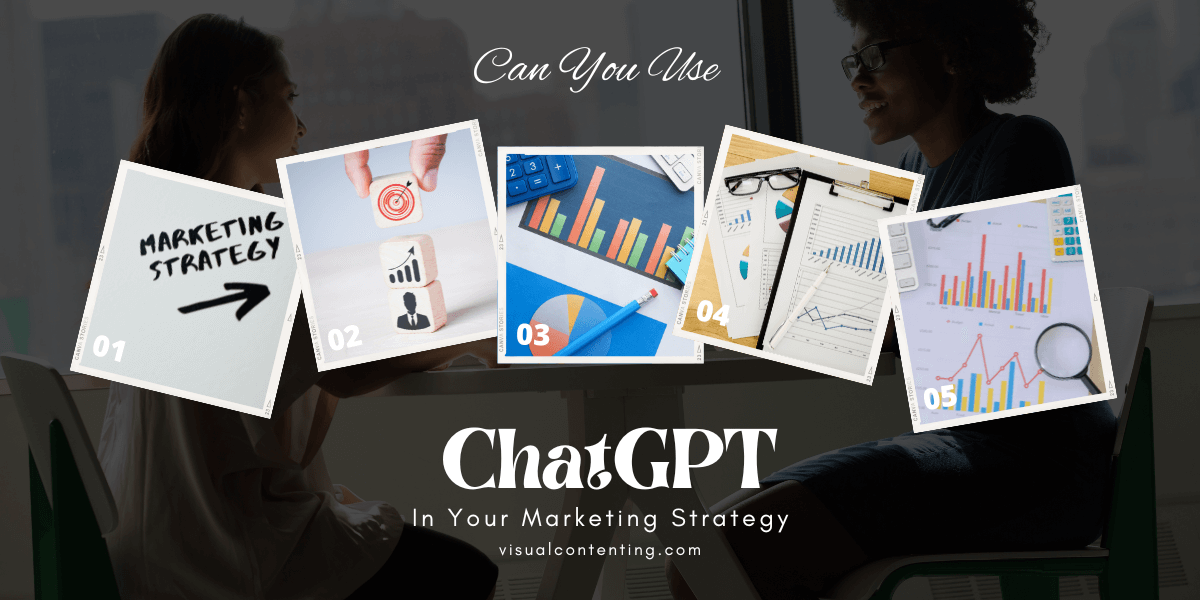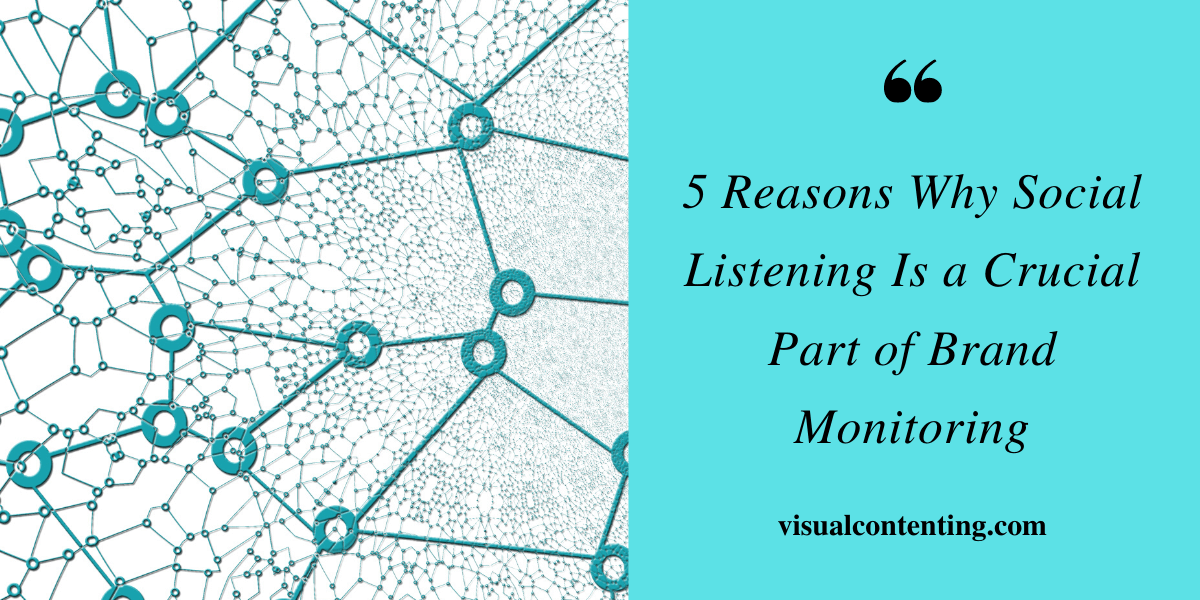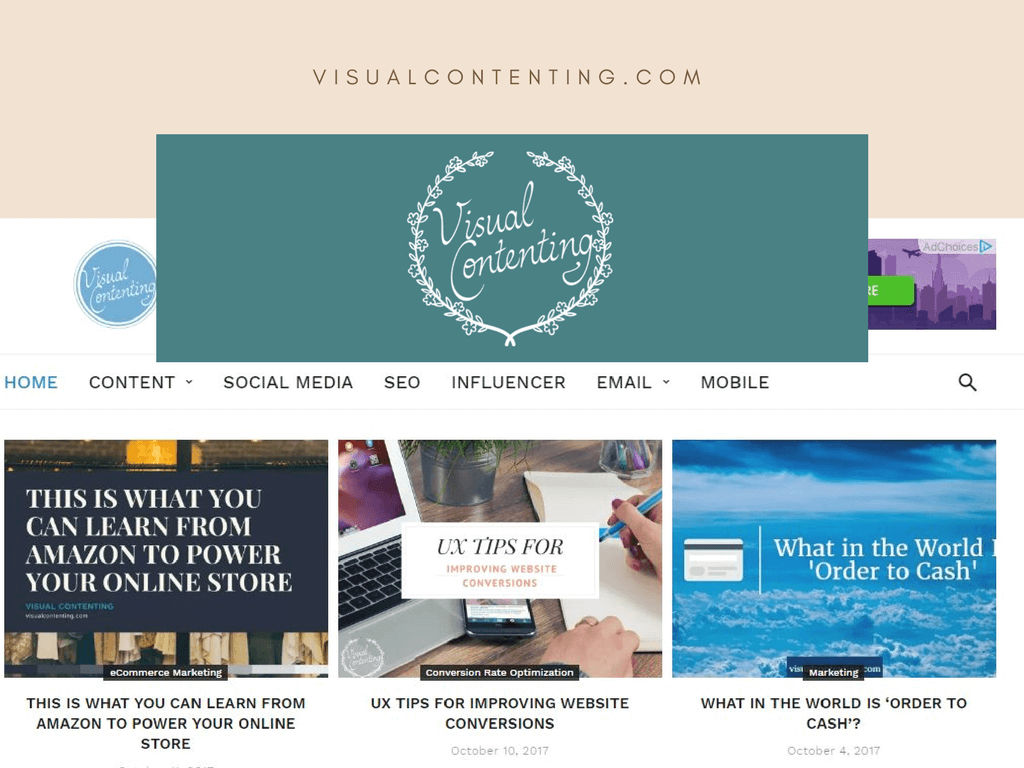A big part of marketing today is capitalizing on the latest tools and technologies. Audiences and trends shift quickly, but embracing new tech can help companies stay on top of these changes to keep their marketing strategies relevant. One of the most impactful technologies marketers can use today is ChatGPT.
ChatGPT is the fastest-growing consumer application in history, reaching 100 million monthly users just two months after its launch. This record-breaking growth happened for a reason— ChatGPT is a game-changing technology, so every marketer should start thinking about how they can use it.
What Is ChatGPT?
Before businesses can integrate ChatGPT into their marketing strategy, they need to know what exactly it is. ChatGPT is an artificial intelligence (AI) model, specifically, a generative AI model. Unlike other kinds of AI that just analyze or organize data, generative models can create original content.
ChatGPT builds on another model called GPT-3, which was the largest language model in the world when it launched. That means ChatGPT looks at a much more extensive range of data values than the average chatbot, making it more accurate and versatile. As a result, the model can spit out a huge variety of content — from blogs to academic essays to code — all of which is almost indistinguishable from something a person would write.
Another essential part of ChatGPT that separates it from similar AI models is its conversational interface. Instead of complex coding, users work with the bot by talking to it like they would a co-worker or friend. That makes it much easier to use than other powerful AI systems.
How Can ChatGPT Improve Your Marketing Strategy?
ChatGPT is an impressive piece of technology, but how can it help marketers specifically? Here are a few of the most impactful use cases for ChatGPT in marketing companies should know about.
Streamlining Content Creation
The most apparent application of ChatGPT in marketing is content creation. Companies can give the bot a prompt and it’ll produce a blog post, web article or social media post in mere minutes, if not seconds. Tech news site CNET has published at least 77 stories using generative AI similar to ChatGPT, highlighting the potential for AI-written content.
It’s worth noting that many users have found errors and inconsistencies in AI-generated posts. However, businesses can streamline their content creation with ChatGPT without letting the bot handle all the writing. It can be a handy way to generate prompts or take care of research to help human writers get started faster.
Generative AI like ChatGPT can dramatically cut research time or even create draft articles before humans review and edit them. These AI-produced starting points let content marketers put out more content in far less time. In turn, it’s easier to expand companies’ outreach and write timely pieces on hot new trends.
Recommended: 11 Content Marketing Tips for A Better Company
Managing Social Channels
Similarly, brands can use ChatGPT to manage their social media outreach more effectively. People spend an average of 147 minutes a day on social media, so regular posting and communication with followers on these platforms is a crucial part of web marketing. Automation through ChatGPT makes managing that a lot easier.
Writing dozens of posts for each social channel daily can take a lot of time. Letting ChatGPT generate draft posts to refine and schedule is much more efficient and gives marketers more time to focus on other things. ChatGPT can even generate multiple versions of a post to make it easier to find the right tone.
Marketers can also use ChatGPT to analyze interactions on social media to get a better idea of how audiences are responding to posts. These quick, in-depth insights help refine social media strategies in minimal time.
Recommended: How to Effectively Promote Your Social Media Channels
Automating Customer Support
One of the biggest benefits of any AI is it automates routine or time-consuming tasks to give employees more time to focus on valuable work. Customer support is one of the most common marketing time sinks and ChatGPT can automate it.
As a conversational language model, ChatGPT makes an ideal chatbot. Using it this way lets companies answer customers’ questions 24/7, even if they don’t have enough employees to talk to every user. This around-the-clock support gives consumers the answers they need when they need them, improving the company’s public perception.
Marketers must recognize this opportunity because 72% of consumers will switch brands after just one bad customer service experience. Businesses need responsive, informative customer support and intelligent chatbots like ChatGPT offer the tools to enable just that.
Accelerating Market Research
ChatGPT can also improve marketing strategies behind the scenes. Businesses must understand their markets to know how to meet their needs, but research takes time. Using ChatGPT to automate parts of the research process shortens these timelines, letting marketers act faster on changing trends.
Marketers can use ChatGPT to group customer quotes into common themes, reformat questions and even come up with potential solutions to problems customers talk about. Because the platform analyzes so much language, it’s great at pulling main ideas or repeated themes from big data sets. That makes analyzing customer interactions across various social channels a much faster process.
This quick analysis lets marketers see what customers want and think of the company without having to leaf through thousands of comments manually. They can then quickly adapt their strategies to meet these needs, preventing customer churn.
Recommended: Should You Be Doing Your Own Market Research?
Optimizing Email Marketing
ChatGPT is an excellent tool for email marketing. Its analysis abilities make it an ideal solution for understanding individual customers’ preferences. It can then generate personalized emails, improving these campaigns’ effectiveness.
More than three-fourths of consumers today get frustrated when companies don’t offer personalized interactions. Many marketers understand this, but crafting unique emails for thousands — if not millions — of users takes a lot of time and effort. That’s not the case if businesses can outsource email writing to a computer program.
After writing customized emails, ChatGPT can also analyze data from the email campaign to judge its effectiveness. It can then suggest possible solutions, helping companies find the strategy that works for them in less time.
Recommended: 7 Email Marketing Trends to Start Implementing Right Now
ChatGPT Best Practices
These use cases highlight just how much potential ChatGPT and tools like it have for the marketing industry. Still, it needs the right approach to reach its full potential, like any other technology. Here are some best practices to keep in mind when using ChatGPT.
First and most importantly, remember that humans should always have the final say. Bots like ChatGPT don’t technically synthesize new thoughts — they analyze information from across the web and pull specific insights from that. While having a lot of data to learn from can improve accuracy, some experts estimate that 62% of information online is unreliable.
In light of this unreliability, marketers should recognize that ChatGPT can get some things wrong. Before publishing or sending anything the bot writes, a human expert should review it. Similarly, teams should look at ChatGPT’s analytical insights as suggestions rather than absolute truths.
Another best practice for ChatGPT is to be specific. Whenever marketers give it a prompt, they should be as clear and precise as possible to ensure what it puts together meets their goals. Generic prompts will generate generic responses, but specificity will yield the best results.
In the same way, the more users talk to ChatGPT and offer new insights, the better it will meet their expectations. Keep adding new inputs and asking for small changes to refine the results. This will help the end product be as accurate and relevant as possible.
Use AI to Unlock Your Marketing Potential
When marketers know what ChatGPT is and how it can help them, they can use it to take their strategies to the next level. It all starts with understanding what this tool can do.
ChatGPT won’t replace human marketers anytime soon, but it’s a powerful resource. Learning how to make the most of it is a vital step in staying competitive in today’s fast-moving market.
Related Posts
Devin Partida writes about topics concerning tech and the internet. She is also the Editor-in-Chief of ReHack.com.







